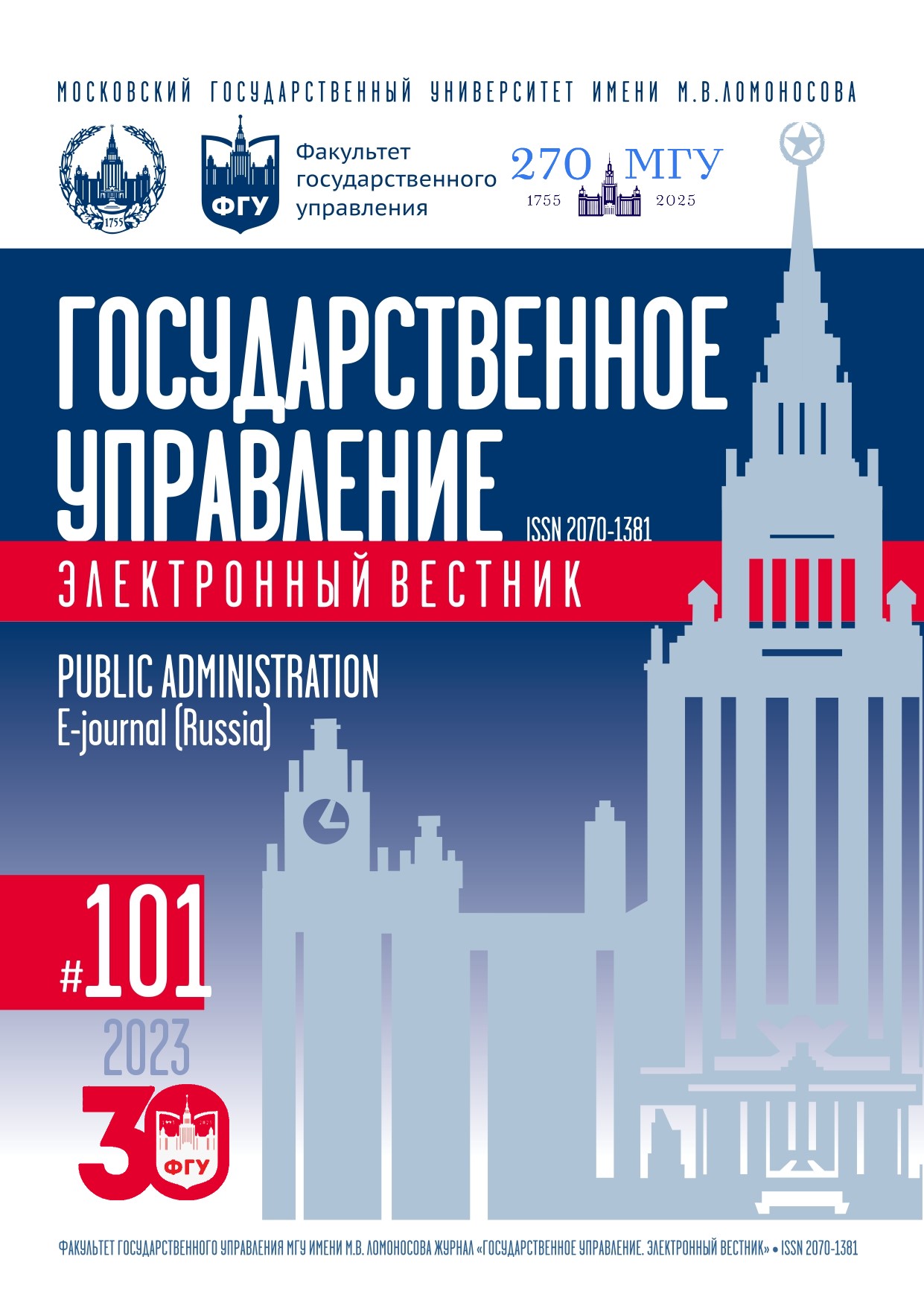Modernizing the IMO Member State Audit Scheme to Increase Efficiency of Maritime Transport
Keywords:
International Maritime Organization, remote audit, artificial intelligence, logistics, modernization, monitoring, maritime transport, regulation, risk, self-audit, economic efficiencyAbstract
The article discusses the problem of improving the efficiency of the IMO Member State Audit Scheme (IMSAS) in order to improve safety, effectiveness and environmental friendliness of maritime navigation. The current regulations of the International Maritime Organization (IMO) do not fully provide for the use of modern digital technologies, monitoring and self-audit of states, do not take into account the organizational specifics of interaction between experts and the audited states based on previous audits’ results. The aim of the work is to develop and substantiate proposals for the modernization of the IMO Member State Audit Scheme through the use of new digital technologies, management methods and tools. Methods of economic analysis, observation, comparison, generalization, grouping, study of regulatory documentation, as well as a systematic approach were used in conducting the scientific research. Based on the analysis of scientific and specialized literature, IMO regulatory documents, new concepts of “self-audit”, “remote audit” are introduced and their definitions are proposed. Transition to format of remote audit is justified in relation to states that have demonstrated satisfactory results of work based on the results of previous years. Proposals are formulated to optimize existing questionnaires to avoid duplication of information flows. Criteria for differentiating the audited states by the level of aggregate risk are proposed, which determines the choice of the verification format. The functional field of artificial intelligence technologies application during inspections is determined. The main effects achieved as a result of introducing organizational changes in the model of interaction of the audit participants are summarized and formalized. The introduction of the proposed technologies, methods and tools will improve the efficiency, effectiveness and quality of the IMO Member State Audit Scheme. The main conclusions and provisions of the work can also be used as part of improving the Scheme, as well as during audits in other areas of activity.
References
Актуальные технологии современной экономики и инфраструктуры: цифровая и инновационная экономика / под ред. Е.Р. Счисляевой. СПб.: Издательство СПбГМТУ, 2020.
Белоглазова С.С., Поршкевич Н.Ю. Анализ и перспективы развития Владивостокского морского торгового порта как элемента макрологистики // Молодежь. Наука. Инновации. 2023. №1. С. 409–413.
Восколович Н.А. Особенности трансформации сферы услуг в новой экономической реальности // Государственное управление. Электронный вестник. 2023. № 99. С. 35–48. DOI: 10.24412/2070-1381-2023-99-35-48
Гуцуляк В.Н. Правовые проблемы использования искусственного интеллекта на морском транспорте // Искусственный интеллект и тренды цифровизации: техногенный прорыв как вызов праву. Материалы III Международного транспортно-правового форума. М.: Российский университет транспорта, 2021. С. 304–309.
Дыбская В.В., Сергеев В.И. Цифровая логистика и управление цепями поставок: перспективы развития // Логистика: современные тенденции развития: материалы XVII Международной научно-практической конференции. СПб.: Изд-во ГУМРФ им. адмирала С.О. Макарова, 2018. Ч. 1. C. 5–11.
Кове О.В. Деятельность Международной морской организации в сфере обеспечения безопасности морского судоходства // Международное право. 2022. № 2. С. 28–40. DOI: 10.25136/2644-5514.2022.2.37947
Клюев В.В. Генезис регулирования правоотношений в области автономного надводного судоходства // Теория и практика общественного развития. 2023. № 8. С. 213–220. DOI: 10.24158/tipor.2023.8.27
Майоров В.И., Лисеенко В.И. Совершенствование государственного контроля и надзора в сфере транспорта: внедрение риск-ориентированного подхода // Вестник Нижегородского университета им. Н.И. Лобачевского. 2017. № 5. С. 125–134.
Палкина Е.С. Современное состояние и актуальные проблемы развития водного транспорта России // Вестник государственного университета морского и речного флота им. адмирала С.О. Макарова. 2013. № 3. С. 126–136.
Чернов О.А. Рекомендации ИМО по подготовке к проверкам в рамках системы проверки государств — членов ИМО (IMSAS) // Научно-технический сборник Российского морского регистра судоходства. 2023. № 70–71. С. 143–153.
Barchue L.D. The Voluntary IMO Member State Audit Scheme: An Accountability Regime for States on Maritime Affairs // WMU Journal of Maritime Affairs. 2009. Vol. 8. Is. 1. P. 61–70. DOI: 10.1007/BF03195153
Havenga J.H. Logistics and the Future: The Rise of Macrologistics // Journal of Transport and Supply Chain Management. 2018. Vol. 12. DOI: 10.4102/jtscm.v12i0.336
Lost-Siemińska D. Implementation of IMO Treaties into Domestic Legislation: Implementation and Enforcement as the Key to Effectiveness of International Treaties // Maritime Safety in Europe. A Comparative Approach / ed. by J. Nawrot, Z. Pepłowska-Dąbrowska. London: Informa Law from Routledge, 2020. P. 3–21.
Nam D. Identification and Analysis of the Legal Status of International Maritime Organization Instruments // Journal of the Korean Society of Marine Environment & Safety. 2021. Vol. 27. Is. 3. P. 421–428. DOI: 10.7837/kosomes.2021.27.3.421
Venkaiah Babu P., Monika Agarwal C.S., Seethamahalakshmi M. Impact of International North-South Transport Corridor (INSTC) on Indian Economy // Recent Advances in Commerce, Management, and Tourism / ed. by P. Kumar, B. Niviya Feston, S. Appaji Parivara, S. Kumar Singh. Hooghly, West Bengal: BP International, 2023. P. 120–127. DOI: 10.9734/bpi/mono/978-81-19761-70-8/CH12

